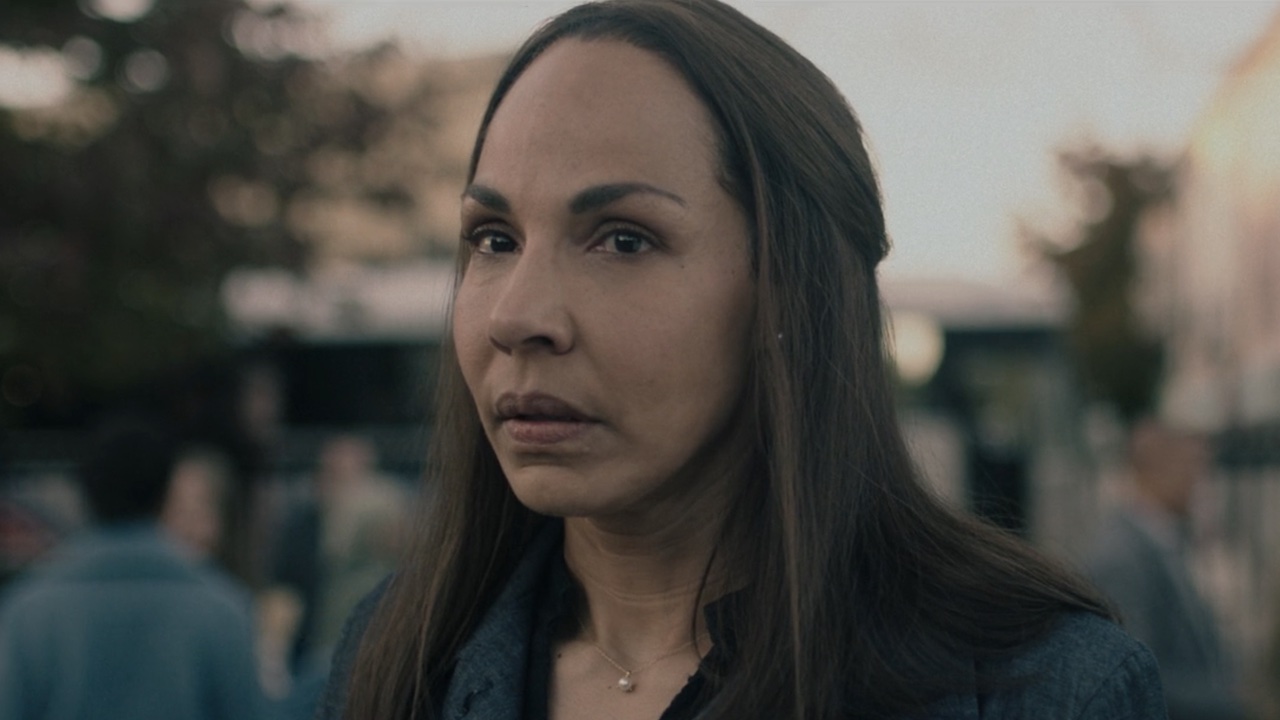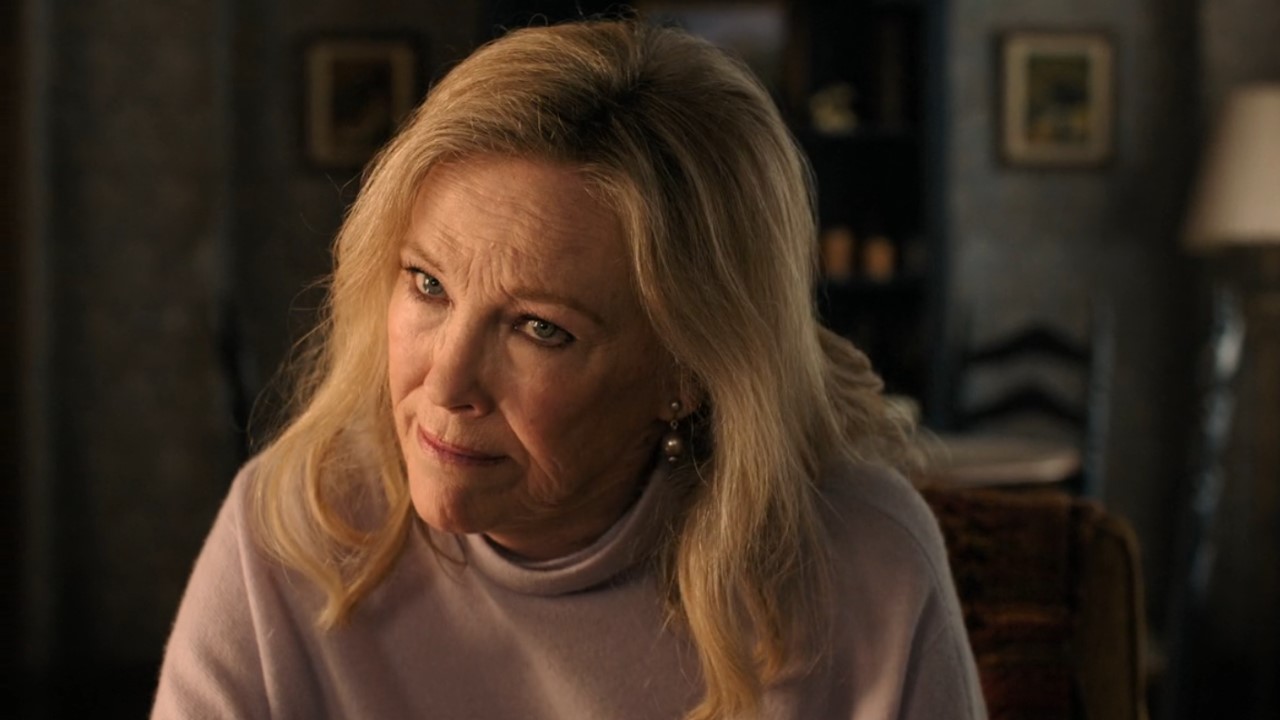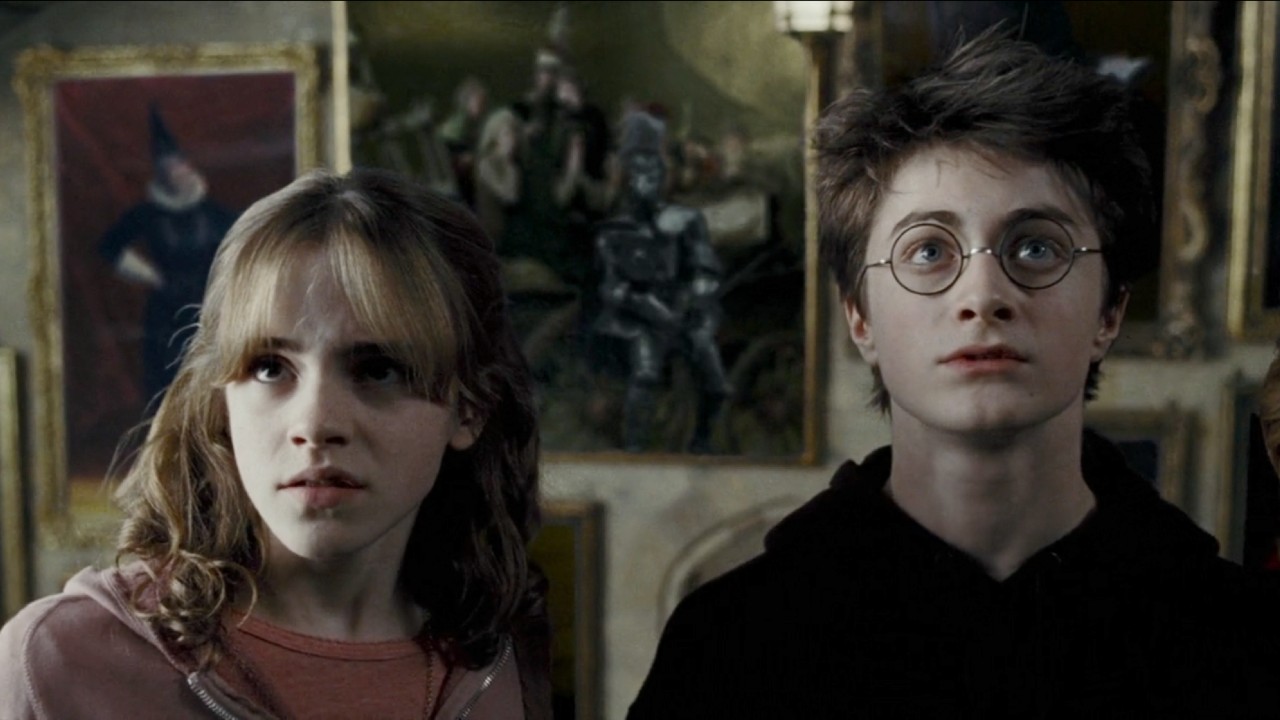FX CEO Calls HBO's 'True Detective' Emmy Bid Unfair - Do The Categories Need To Change?

TV is an evolving medium and that can certainly be said for how we categorize scripted shows. So it's interesting to see the debates and shifts happening as they relate to which shows are being submitted for which categories at the Emmy's. FX Networks CEO John Landgraf recently had some things to say about HBO's decision to submit True Detective in the drama categories, calling the choice "unfair," due to the anthology format of the series and the advantage as show like that has as it relates to its casting. It causes us to question whether True Detective belongs in the Drama category or the Miniseries category? Or does the Academy of Television Arts and Science need to revise their category definitions?
Nic Pizzolatto's new HBO drama True Detective is an anthology series, meaning it's a one-season story that concluded with the Season 1 finale. The Wrap reports that HBO has submitted the series to the Emmy's as a drama series, so it would be in contention for awards in the Outstanding Drama categories. Apparently, FX's John Landgraf isn't happy with that, stating:
“My own personal point of view is that a miniseries is a story that ends, a series is a story that continues. To tell you the truth, I think it's actually unfair for HBO to put ‘True Detective’ in the drama series category because essentially you can get certain actors to do a closed-ended series, a la Billy Bob Thornton in ‘Fargo’ or Matthew McConaughey and Woody Harrelson in ‘True Detective,’ who you can't get to sign on for a seven-year deal.”
It's not as if this isn't a relevant topic for FX, as the network has American Horror Story set up in the miniseries category due to the anthology format of the show. Each season starts over with a new story and a new set of characters. Even the cast fluctuates, with some actors returning each season and others coming and going from one season to the next. It sounds like FX will be submitting Fargo for the miniseries category, as the upcoming drama is a one-season event -- though it's entirely possible the series will continue beyond the first season, if it does, it'll presumably do a new story.
I wasn't really sure why Landgraf was hung up on the time commitment and caliber of a show's actors as it relates to categories. After all, if -- for example -- Matthew McConaughey out-performs every other male actor in contention for the Actor/Drama category, what does it matter if he's only the star of the show for one season? EW caught up with Landgraf on the subject and he actually elaborates on that a bit...
“It doesn’t make sense to put actors who signed on to do one year and perform the beginning, middle, and end of a character against those who are only showing one-fifth or one-sixth of that character’s journey in a season. Matthew McConaughey is doing work every bit as good as [FX's Americans star] Matthew Rhys, but he’ll be competing against like one-sixth of the other actor’s performance. It doesn’t strike me as particularly fair. And I can see the entire series category eventually stacked with movie actors who signed on for one series of a show.”
I kind of see his point there, especially as it relates to the eventual change in how the category looks. But at the same time, does the Academy reward people on the whole of their performance in a role and their characters' full journey up to that point in a show? Or do they base it on the last year's worth of performance? If it's the latter, then isn't it sort of even regardless of the level of time commitment? I guess it's a gray area. We do see some shows and actors getting nominated (and sometimes winning) year after year even when their most recent season really wasn't all that outstanding. But they might be earning credit from past performances. Those points stack up. And then in some cases -- True Detective -- a new show shows up and knocks us all off of our feet. Does it matter that McConaughey only signed on for one season?
I think the categories should be marked by the nature of the show and not the length of an actor's commitment or how long their character is featured in a series. So I'm not sure I'm entirely on board with Landgraf's logic here. But looking at the way the Academy has their categories set up right now, I think anthology series and their actors belong in the miniseries category, regardless of how long the actors are committed to the series. It's a different kind of storytelling and it should be judged separately from longer form serialized dramas and comedies.
I'm also interested in knowing if the Academy has any plans to re-define their categories in the wake of the shifts we're seeing in television. There are more event, anthology and miniseries making their way onto the schedule, and then there's the blend of genres that complicates the category situation in their own way. Showtime recently switched their hour-long series Shameless from drama to comedy, stating that the producers felt the comedy category fit the feel and tone of the show best. But I don't think it's unfair to suggest that part of the reason for the switch happened in the hopes that the series would have a better shot at some (deserved) awards recognition in the comedy category. Or at the very least, that this was part of the consideration when they were deciding on the change.
CINEMABLEND NEWSLETTER
Your Daily Blend of Entertainment News
That said, Shameless isn't the only dramedy out there straddling the line between two genres. There are half-hour comedies that are full of drama (Californication, to use a Showtime example) and hour-long "dramas" that are as funny as they are dramatic (Shameless). So where to they fit?
In the end, what we're seeing is a lot of wiggle room that's being used here, and I can't fault networks for wanting to give their series their best shot at some statues. But again, maybe it's time the Academy revises its categories to clarify what belongs where.
This poll is no longer available.

Kelly put her life-long love of movies, TV and books to greater use when she joined CinemaBlend as a freelance TV news writer in 2006, and went on to serve as the site’s TV Editor before joining the staff full-time in 2011 and moving over to other roles at the site. At present, she’s an Assistant Managing Editor who spends much of her time brainstorming and editing features, analyzing site data, working with writers and editors on content planning and the workflow, and (of course) continuing to obsess over the best movies and TV shows (those that already exist, and the many on the way). She graduated from SUNY Cortland with BA in Communication Studies and a minor in Cinema Studies. When she isn't working, she's probably thinking about work, or reading (or listening to a book), and making sure her cats are living their absolute best feline lives.









